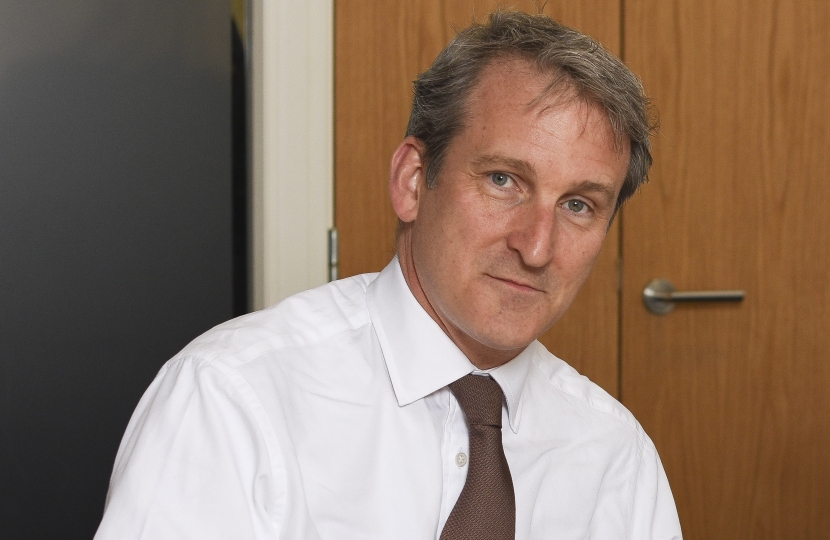
The article below was written by Damian and published in the Herald group of papers on the 9th April:
"You’ve probably seen one – the ‘Stanford internal memo’, ‘Internal email for staff in St George’s hospital’, or guidance from ‘Japanese doctors’. They can sound plausible, and from a reliable-looking source. Much of what they say may be right, and sounds familiar. Much, but not all.
Some of the ‘advice’ these concocted social media posts contain – like drinking lemon juice or sipping warm water every 20 minutes – might not hurt you, but won’t help either. Other suggestions out there definitely can cause harm.
Then there are conspiracy theories and supposed exposés. Following fake news about an alleged ‘link’ between 5G telephony and Covid-19, phone masts were burnt down – at a time we need connectivity more than ever.
There’s a key distinction between people who pass on the messages, and those who originate them.
At a time of crisis, of course we want to pass on information we believe will be helpful. Equally naturally, we give extra credence to things passed to us by people we trust.
But the people originating these messages generally aren’t trying to be helpful. More often they are chancers, seeking to agitate, make money, or just see how far they can make a post go.
Deliberate spreading of false information is not new. What is new is the growth of private social media groups and WhatsApp. False news is much harder to spot and stop on these channels.
If someone passes on something to 25 people in their WhatsApp groups, and those 25 each pass it on to 25 more, and that happens a further three times, that message reaches almost 10 million people. So, debunking a myth three days after it starts is way too late.
That’s why the Director-General of the World Health Organisation (WHO) said “We’re not just fighting an epidemic; we’re fighting an infodemic”.
To be fair to the tech companies they’re doing more on mis- and disinformation than they used to. But WhatsApp (owned by Facebook) is harder to crack, as is misinformation spread by ‘old fashioned’ email.
On the Digital, Culture, Media and Sport select committee, we are asking people to send examples of Covid-19 disinformation and misinformation received on private channels, to help build an evidence-base. There’s a link on my web site, damianhinds.com.
The government’s Rapid Response Unit is tackling a range of harmful narratives online. A new campaign, ‘Don’t Feed the Beast’, encourages people to question what they see. World Health Organisation myth-busters are working with companies like Facebook and Google (owners of YouTube).
It’s unrealistic to expect people to examine the credentials of every post they see. But there are a few simple, beneficial, messages we call all try to spread:
- Be wary, things aren’t always what they seem.
- If you’re not totally sure, don’t pass it on.
- And for reliable information, you have nhs.uk, gov.uk, the BBC, and your trusted regular national or local paper."


